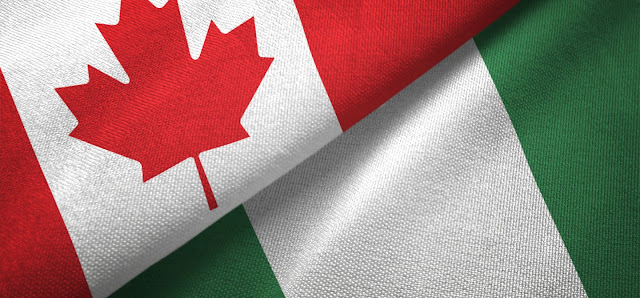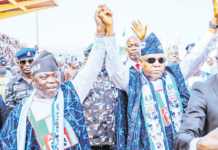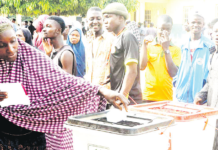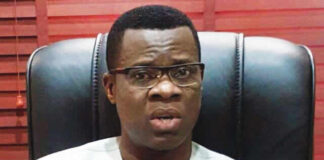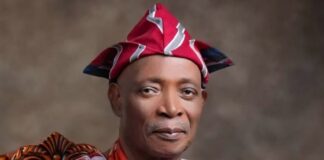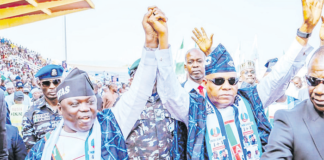The Canadian government said it would be pledging eight million Canadian dollars in the next four years to increase women political participation.
Acting Canadian High Commissioner to Nigeria, Kevin Tokar who made the revelation, said the funds are being made available by his government to encourage women participation in politics come 2023 general elections.
Tokar said this at the UN Women Official Launch of Its New Women’s Political Participation Project and Advocates for the Gender Bills at High Level Forum in Abuja. He said, “To encourage female participation in politics in Nigeria especially come the 2023 general elections. We will be donating $4 million in the next four years.”
United Nations (UN) Women country representative to Nigeria and the Economic Community of West African States (ECOWAS), Comfort Lamptey, said UN Women’s mandate in the past five years around women leadership was made possible through the contributions of the Canadian government.
POLITICS: Bianca Ojukwu tells why she gave a ‘dirty slap’ to ‘drunken’ Obiano’s wife
Lamptey said, “At a global level, women’s role in decision making is a pillar of UN Women’s mandate and over the past five years around women’s leadership was made possible thanks to the generous contribution of the Government of Canada within the context of the regional leadership Programme covering four countries in WCA region: Guinea, Liberia, Nigeria and the Central African Republic.
“As it stands, and despite the tireless efforts of women and some critical male allies, Nigeria lags severely behind other African nations for women’s representation in democratic governance. Nigerian women constitute less than 5% of elected members at the National Assembly. In State Assemblies, the figure is 4.43% and for ministerial appointments it stands at 16.2%.
“The action taken by the House of Representatives under the leadership of the Speaker of the House, to rescind its decision on three gender-related bills is the correct course of action. The bills in question are around: citizenship, indigeneship and, as it relates directly to women’s representation, the bill on affirmative action.”

